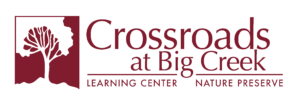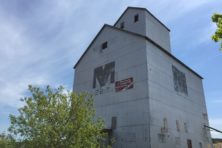An Unexpectedly Hopeful Look at an Uncertain Future
- Share
- Tweet
- Pin
- Share
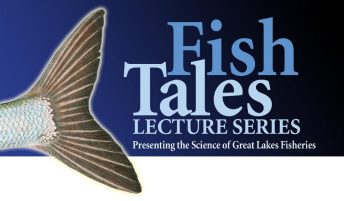
by COGGIN HEERINGA, Interpretive Naturalist, Crossroads at Big Creek
The Fish Tales Lecture Series at Crossroads drifted from the normal format on March 16, when Val Klump presented “An Uncertain Future: Meeting the Challenge of Restoring and Preserving Our Great Lakes.” And although the threats and challenges seem overwhelming, his presentation was unexpectedly hopeful.
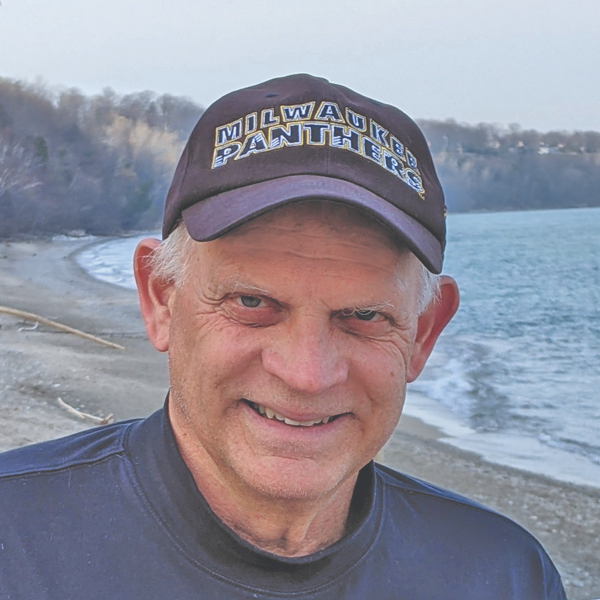
The lecture focused on the health of Lake Michigan and the Green Bay Estuary – on which the success of the fisheries depends, and a topic Klump was highly qualified to discuss. The former dean and professor of the School of Freshwater Sciences at UW-Milwaukee holds a Ph.D. in marine sciences from the University of North Carolina-Chapel Hill and a law degree from Georgetown University.
He opened his discussion of environmental stresses of the Great Lakes with a photo of the Cuyahoga River burning in 1969 – an event that inspired the environmental movement and Clean Water Act of 1972. In those years, he explained, regulators focused on point-source pollution: that which comes from a specific, identifiable source such as a pipe, ditch or factory.
Early efforts made a huge improvement in the water quality of Lake Erie, but now that lake faces the stress of non-point pollution, in which water such as phosphorus-rich agricultural runoff comes from a number of unspecified places. One slide showed a massive algal bloom caused by cyanobacteria, which gives off a potent toxin.
It’s frightening to consider what would happen if the oil pipeline that lies beneath the Straits of Mackinac would ever leak, Klump said, because cleanup would be impossible.
Other potential threats include spills and emerging contaminants such as micro-plastics, pesticides, PFAS (per- and polyfluorinated substances), pharmaceuticals and personal-care products. Already within the lakes at what Klump said were “unimaginable volumes,” these contaminants cannot be removed by filtering.
His special interest is the Green Bay Dead Zone, which develops when warm, nutrient-rich water from area rivers covers the cold, nutrient- and oxygen-poor water entering the bay from Lake Michigan. Without sufficient oxygen, water cannot support life.
But the greatest threats to the lakes and fisheries are invasive species, Klump said, and the most impactful has been the quagga mussel. They now cover the bottom of Lake Michigan, filtering out 70% of the water’s nutrients, and preventing the lake from supporting the number of fish that it did prior to the mussel invasion during the mid-1980s.
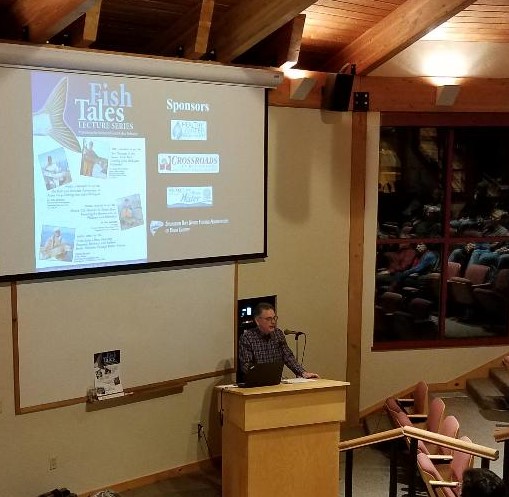
Because of the filtering ability, both lakes Michigan and Huron are now clearer than Lake Superior, he said. This increased water clarity enables vast, underwater, near-shore meadows. When they die and wash onto the land, Cladophora reeks and creates a deep muck that can spread deadly avian botulism.
The Great Lakes region is expected to become hotter and wetter, according to climate change forecasts, Klump said, and this will draw more people to the region who are migrating from more arid parts of the country.
He said he believes that Green Bay is the proving ground for restoring the Great Lakes and that increased research and science-based policies will result from the designation of the Green Bay National Estuarine Research Reserve (NERR) to not only solve ongoing problems, but also “get out in front of the challenges and prevent future issues.”
“Our goal is to foster the restoration of the Green Bay ecosystem through looking at what can be done to reduce dead zones, improve water quality and bequeath a healthy ecosystem to future generations,” Klump said.
The Great Lakes do have an “uncertain future,” but the lecture imparted a feeling that with science driving policy, there is hope.
To view Klump’s presentation or previous Fish Tale lectures, visit YouTube.com and search for “Fish Tale Lecture Series” or “Door County Library Events Calendar.”

